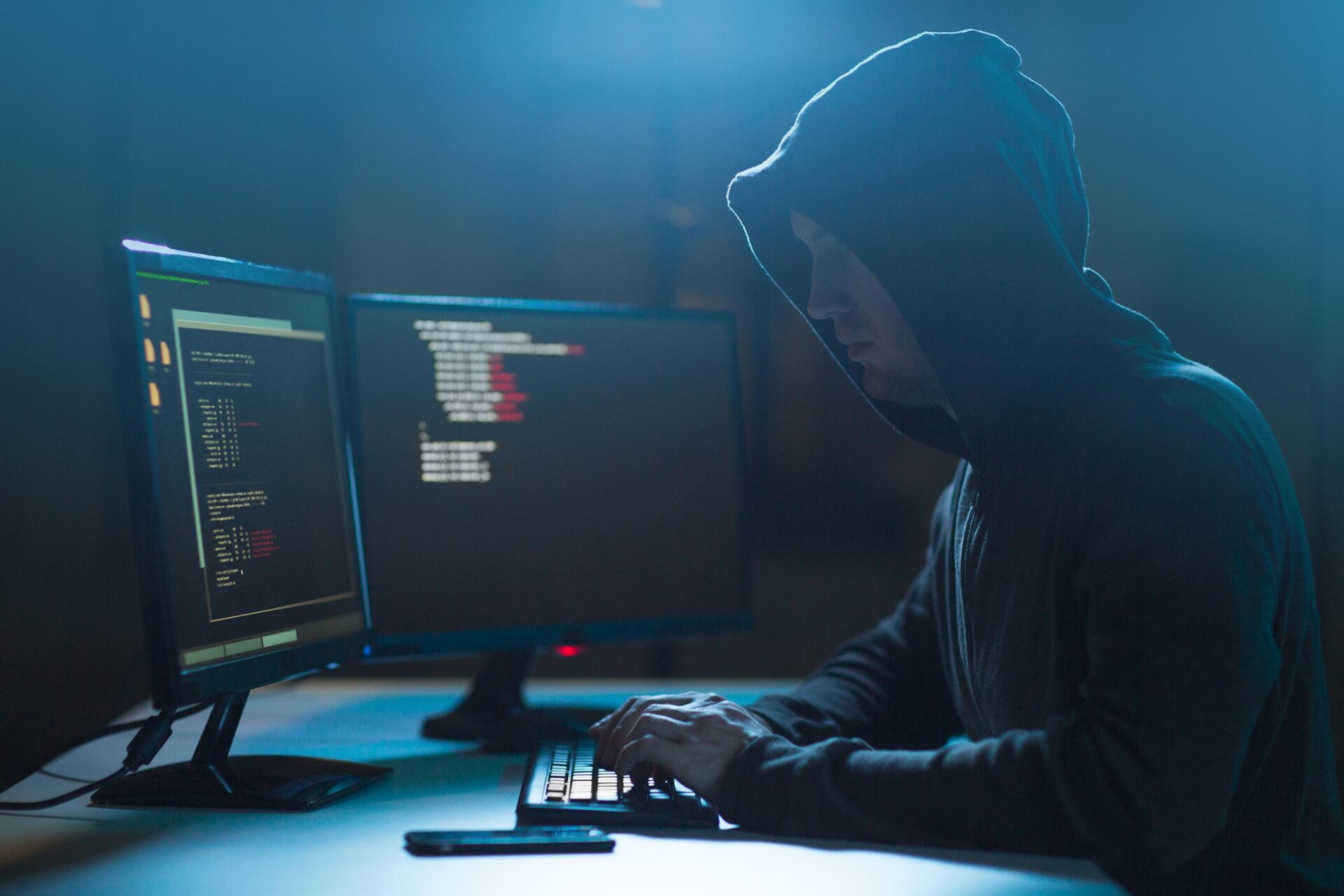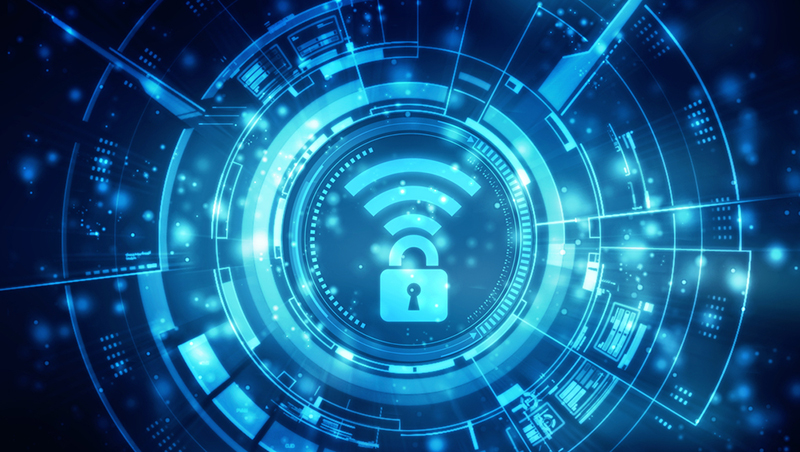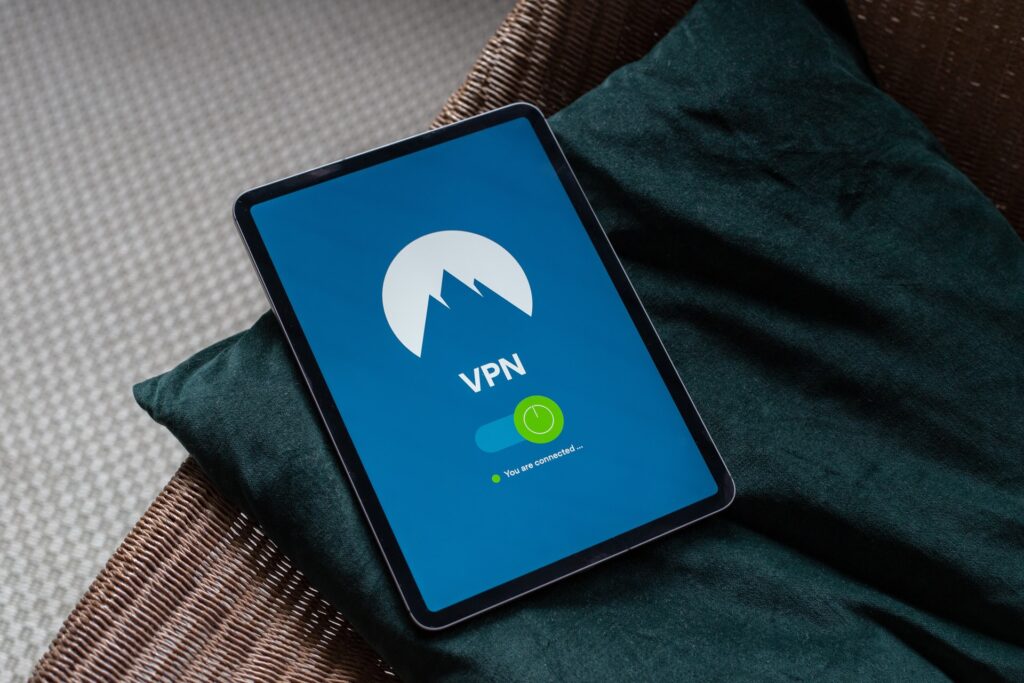
5 Steps to Prevent Data Theft
Since we spend most of our time online, either for work or pleasure, it’s nothing unusual that for many, the main topic is regarding the safety of our personal information. Now, there are some myths about data theft, but we can all agree that we can do more and that, as time goes, we are more and more careless when leaving our info on some website. Just remember the famous scam about a Nigerian prince who needs your social security number or 100 dollars in cash, and the next day you will get twice the amount back or something like that (these scams were pretty creative, so there were many variations). Yes, some may say that people are just gullible, but in reality, we all are, as even leaving our name or phone number and email can have devastating effects if we are not careful enough.
But it’s not all bad news, as there are certain things that we can do to enhance the security of our data. For many, talking about cybersecurity is superfluous because there simply isn’t anything that we can do if we became a victim of a skilled hacker, but that’s just pure nonsense. Just like there are many “bad guys” who know a lot about hacking and coding, there are also plenty of good ones that work on developing security software. That is why many data security companies like Stellarinfo spend thousands on developing such safety systems that will grant max data security. You can check out Stellarinfo and get a better insight into what they actually do and also find out how they took the data security game to another level. The other thing you can do is to continue reading as we will further discuss this topic and present you with several tips and steps that you can take to prevent data theft.
1. Locate sensitive data

First of all, you will need to locate all the sensitive data you want to protect because it is the only way to know what you should protect and what is not that important. This process is called data discovery, and it will be much easier to do it if you use various tools for discovering and classifying it. Once you locate and classify all of them, it is time to decide which of them you do not want to share with other employees through the network or other people who use the same computer. It can be a pretty difficult and long process, but it is the only way to know what data you possess and which of them needs better protection.
2. Multi-factor authentication
When it comes to sensitive data, we all know that only passwords cannot protect them, so it is necessary to enable multi-factor authentication or at least two-factor authentication. That means that besides the password, the person needs to pass another step to have access to the sensitive data. There are various options, and some of them are facial and fingerprint recognition, entering the code, which is sent to the smartphone, or answering some questions. Even the person hacks your password, they will need to pass step two, and your data will be more protected.
3. Keep the WiFi network secure

The most malicious attacks happen through the internet network, and because of that, it is crucial to keep it safe and secure all the time. When it comes to the WiFi that we are using in our company or home, it is considered private, so the first thing we need to do is to secure it with a strong password. Default router usernames and passwords are not strong enough, so it is important to change them as soon as we set them up. Another important thing is never to use a public network or someone’s hotspot when you need to share some sensitive data because they are too easy to hack, and many hackers are just waiting for their opportunity.
4. Regularly update antivirus
Many people are using their computers every day, and because of that, it was important to develop something that will protect their data while they are surfing online or working. Luckily for us, there are many antiviruses on the market, and they are improving all the time. Antiviruses are protecting our data on many levels, from those viruses that can be “caught” online to those that we can accidentally transfer to our computer by using USB or mobile phone. Antiviruses are protecting our data by scanning each of them that enters our computer and noticing us to those that are potentially harmful. Because of that, it is important to keep the antivirus up-to-date all the time since hackers are searching for new ways to access sensitive data all the time, so antiviruses are regularly updating to prevent that.
5. Regularly update security software

Just like updating antiviruses is important, so is regularly updating the security software. Every once in a while, there will be a need to update that software, and that’s needed because these companies you get your software from are constantly working on improving their firewalls so they can stay resistant to any potential cyber-attacks. By performing these updates, you will stay safe from any possible future threats from both inside and outside. The other thing that’s needed and is closely connected to updating security software is using VPN, which stands for a virtual private network. The sole purpose of this network is to stop any outsiders from getting any sensitive data.
The bottom line
Now, when you know how to stay safe online, it’s up to you to make the right decision. If we just continue talking about how you can never be safe online, it will do no good, and taking certain actions is always needed. Consider these steps as advice that has proven results, but there are always more things that we can all do to keep our data, well, only ours. As the old saying goes, “Better safe than sorry.”
